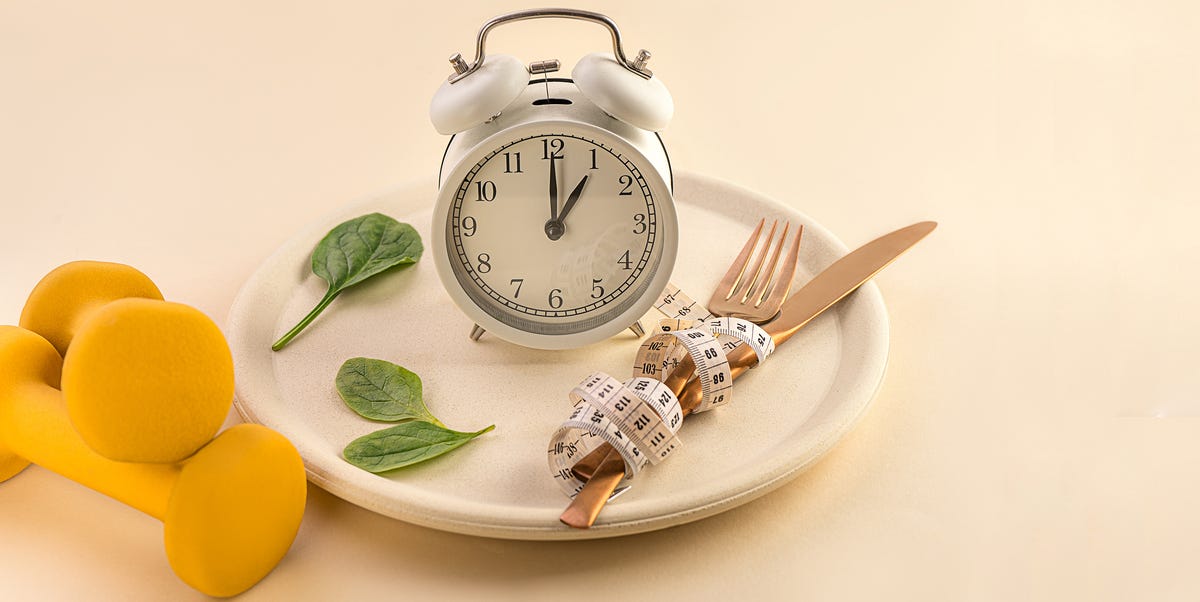
Your mother reminded you of the fact most mornings: breakfast is the most important meal of the day. But is it really? “There’s a myth that breakfast is the most important, but it’s more a marketing tool, perhaps, as opposed to being backed by science,” says clinically trained nutritional therapist Lucy Miller.
There was sense in the traditional stress on breakfast, of course. Breaking your overnight fast gives you the energy you need to get through the day ahead. Plus, plenty of studies have associated the meal with positives ranging from lowering your likelihood of developing obesity and diabetes to boosting your focus. Dig deeper, though, and it’s hard to establish, definitively, whether those benefits are about the breakfast itself, or rather the lifestyles of people organised and self-disciplined enough to get up in time to eat it.
The science of meal times, moreover, is evolving. As Tim Spector – professor of genetics and the man behind the ZOE nutrition company – wrote in the British Medical Journal: “The disadvantages of skipping breakfast have now been debunked by several randomised trials… Furthermore, reasonable evidence now suggests that skipping breakfast can actually be a useful strategy to reduce weight.”
Why? “There is evidence to suggest that if we give ourselves a longer window between eating our evening meal and when we eat again, it gives the body a chance to reset and focus on cellular repair processes such as autophagy, rather than constantly digesting foods,” says Miller. While she would advise against fasting if you are pregnant, overly stressed or have thyroid issues, “a longer fasting period can also help regulate blood sugar levels, improve metabolic health and support weight management.”
So, the Full English’s star is on the wane and delaying your first meal of the day is gaining popularity. Meanwhile, there’s a renewed focus on the midday meal, which – even before Kemi Badenoch dismissed it in December as being “for wimps” – has become worryingly neglected. Last year, one study suggested that the average lunch break in the UK had shrunk to just 15 minutes, while another suggested that 30% of us skip lunch entirely when we are at work.
But taking a proper break is vital for your health in myriad ways, from increasing your productivity and creativity to regulating your stress hormones and even improving your sleep, suggests Rob Phelps, career expert at AI Jobs.
Studies have shown that taking a break in a natural environment can help you come up with more creative solutions (so missing lunch in an effort to do better at work can have the opposite effect). Mealtimes are also one of the ways your circadian rhythms (or body clock) set themselves. Snack instead of sitting down to lunch and you might find that evening’s sleep is worse, too, compounding the negative impact on your mental health and productivity.
Then there’s the impact on your physical health. Eating al-desco (or sitting for prolonged periods in general) is linked to a variety of health problems, from cardiovascular disease to musculoskeletal conditions, Phelps points out. So much so, in fact, that it has been labelled as harmful as smoking.
There’s more. A proper sit-down lunch is likely to be composed of ingredients that are much better for you than either a snack you grab at your desk or a breakfast you snatch in a rush before setting off, says Miller. She suggests something like a veggie omelette or smashed avocado and salmon as as “a more deliberate and nutrient-dense meal, far better than sugary cereals or a slice of white toast – a typical grab-and-go, carb-heavy option that could make you feel tired and hungry again very quickly afterwards.”
So move over, breakfast. Lunch reigns supreme.
